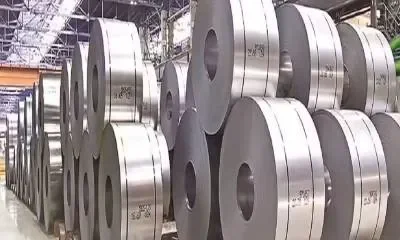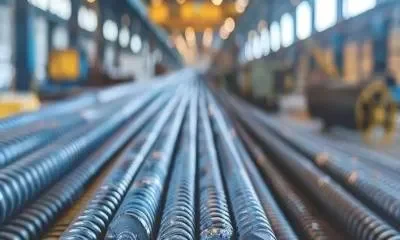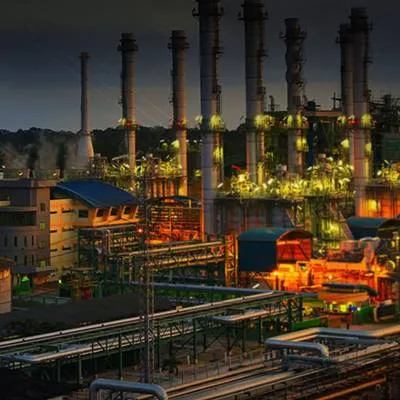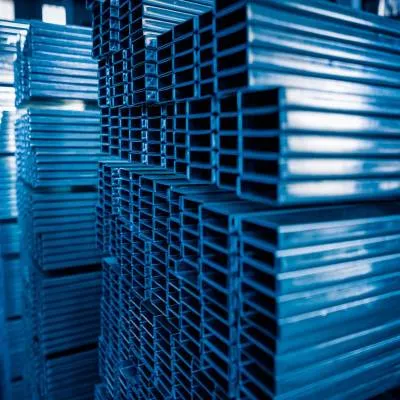India’s steel industry is set to expand significantly over the next few years, with plans to add around 23 million tonnes (MT) of crude steel capacity between FY24 and FY27, according to a report by Nomura.
As per the report, the industry is reflecting a compound annual growth rate (CAGR) of 4.8 per cent. The report noted that this growth target is in consistent with the industry’s long-term average growth from FY15 to FY24.
Despite this substantial increase in capacity, experts believe that the Indian steel sector is poised to enter a favorable phase.
“We estimate India’s steel industry will add approx. 23MT crude steel capacity over FY24-27F, at an implied 4.8 pc CAGR, in line with the FY15-24 long-term average” said the report.
The report noted that the steel majors JSW, JSPL, Tata Steel and ArcelorMittal & Nippon Steel should account for nearly 87 per cent of the ongoing capacity expansion. Although the report noted that significant capacity will come onstream over the next three years.
The JSW steel is set to add 7MT by FY28F at a 5 per cent CAGR over FY24-28F, according to the report. While the JSPL is set to add 6.3MT by FY27F at an 18 per cent CAGR over FY24- 27F.
The report also suggested that even under a conservative assumption of 6 per cent CAGR in steel demand through FY27 (compared to 7 per cent over the last five years), capacity additions are still expected to fall behind demand growth during this period. This could lead to an improvement in the domestic supply-demand balance, reducing the need for steel companies to rely on exports for volume growth.
“Improvement in domestic supply-demand fundamentals through FY27F would suggest reduced dependence on exports for volume growth” added the report.
India’s steel companies are well-positioned within the global metals sector, according to analysts. These companies benefit from operating at the lower end of the global cost curve, mainly due to lower labor costs. Additionally, India’s iron ore costs remain competitive compared to other countries, even for non-integrated steel producers.
The future expansion of India’s steel industry is expected to be driven largely by brownfield projects, where existing facilities are expanded or upgraded. Strong domestic demand is another factor that could help reduce the industry’s reliance on exports.
Over the past few years, India’s steel production has grown at a 6 per cent CAGR between 2019 and 2023, far outpacing China’s 1 per cent growth and the rest of the world’s 1 per cent decline. With these factors in place, Indian steel companies are seen as some of the best-positioned producers globally, offering significant growth potential in the coming years.
“We believe Indian steel majors are among the best-placed producers globally” the report noted.


 Economy & Market4 weeks ago
Economy & Market4 weeks ago
 Economy & Market4 weeks ago
Economy & Market4 weeks ago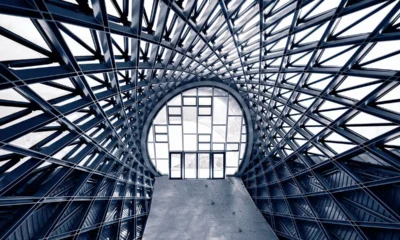
 Concrete1 month ago
Concrete1 month ago
 Concrete1 week ago
Concrete1 week ago






